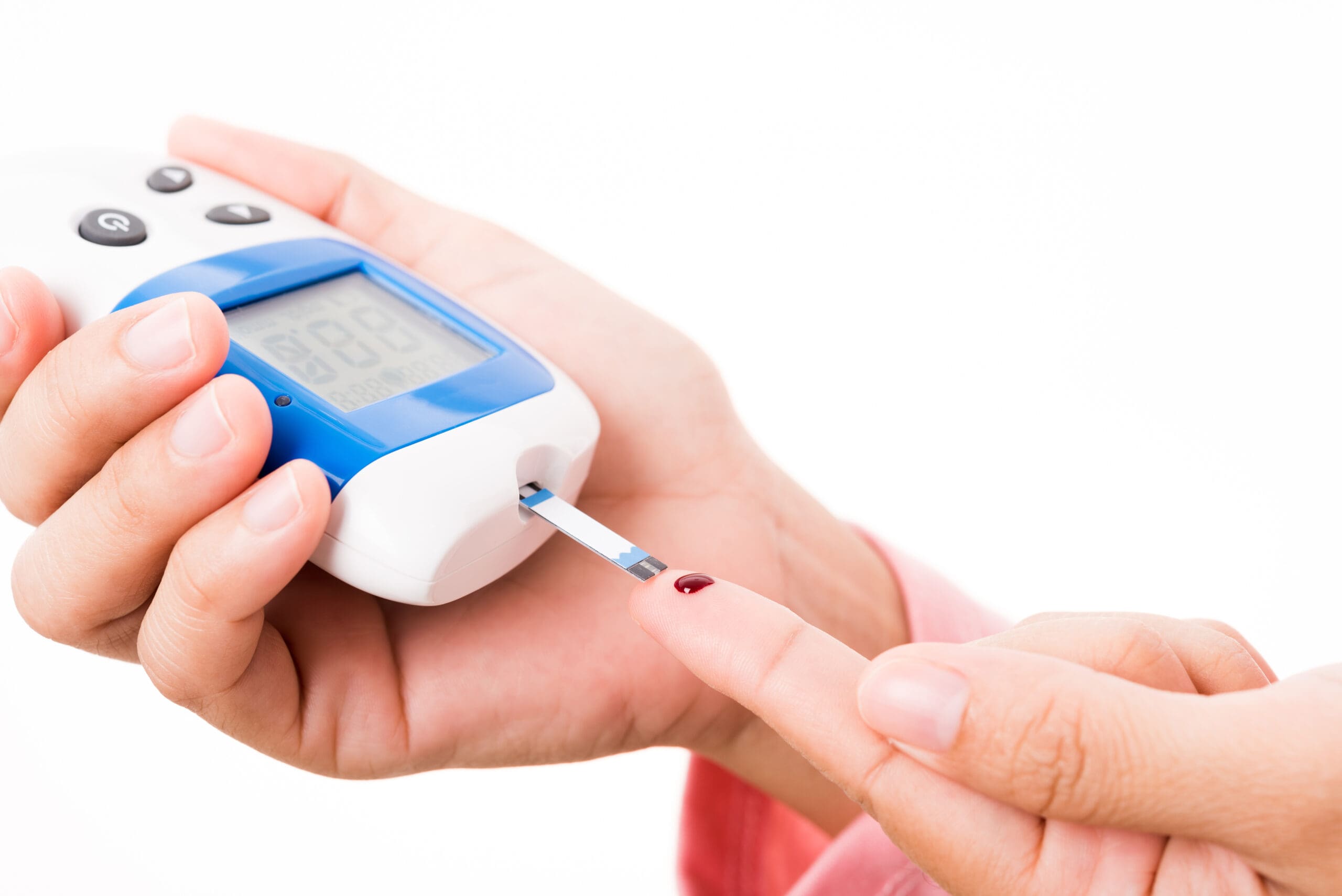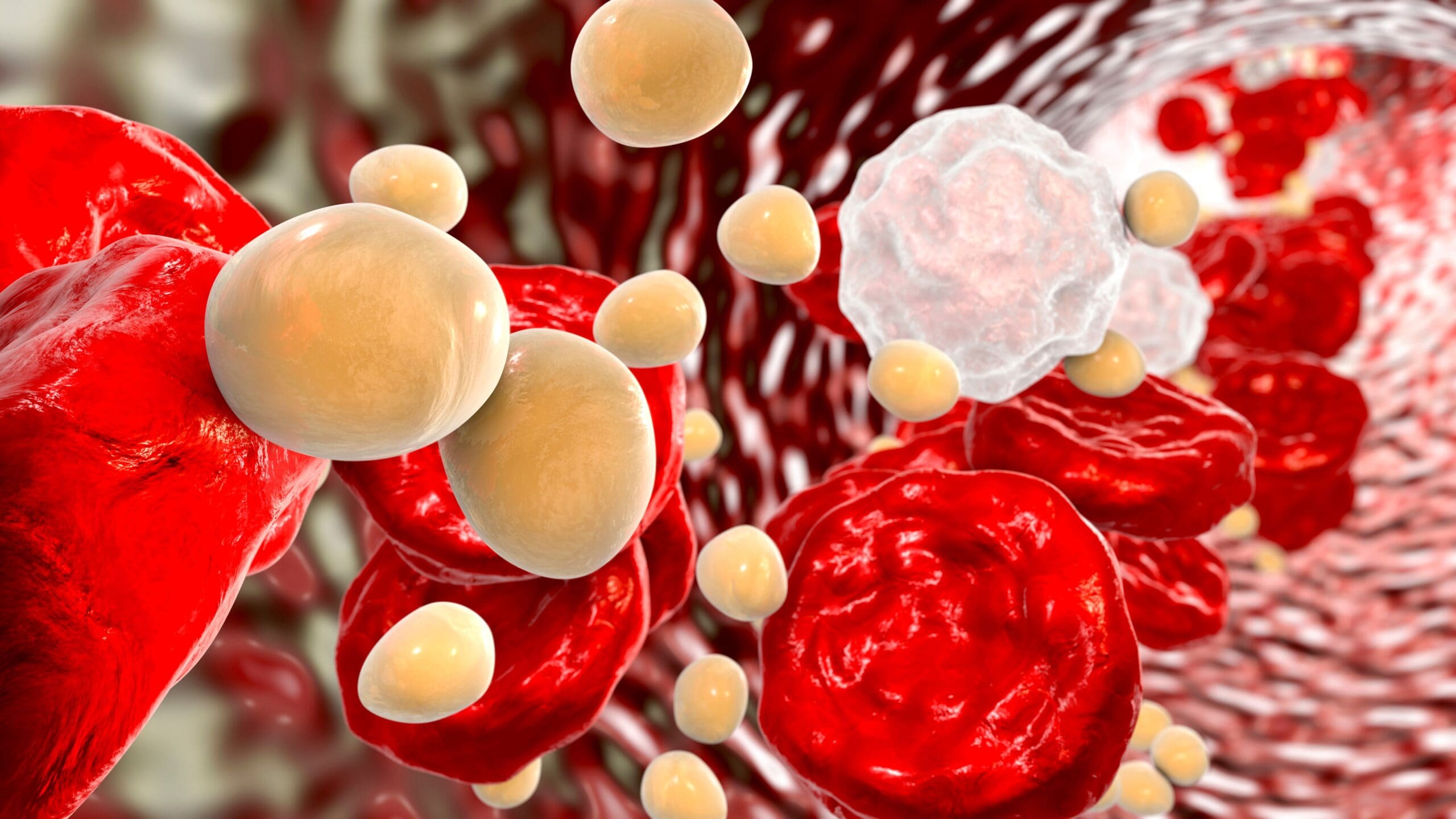Diabetics must protect their nerves
By naturopath Margaret Jasinska
There are at least 1.2 million Australians with diabetes. Both type 1 and type 2 diabetes raise the risk of nerve problems. High blood sugar can cause damage to the nerves and this is called neuropathy.
Approximately 60 percent of people with diabetes eventually develop neuropathy. Nerve damage is responsible for many of the complications of diabetes; it is the leading cause of lower limb amputations in diabetics. You are more likely to develop neuropathy if you have poor control over your blood sugar or you have sustained high blood sugar.
Rates of diabetes are climbing rapidly all across the world. People are also developing type 2 diabetes at a younger age than has previously occurred. The longer a person has diabetes, the more likely they are to develop neuropathy. It can be an extremely painful and uncomfortable condition.
The following are possible symptoms of neuropathy
- Numbness, prickling, or tingling sensations in the feet or hands
- Sharp, jabbing or throbbing sensations
- Freezing or burning, painful sensations
- Burning hot feet or legs while in bed at night
- Extreme sensitivity to touch in specific places
- Poor coordination and increased incidence of falling
- Numbness of the feet and not feeling your feet while walking
- Muscle weakness
- Bowel, bladder, or digestive problems can occur if nerves to those organs are affected
- Heart rhythm problems can develop due to damage to nerves that regulate the heart’s activity
Other medical conditions besides diabetes can cause neuropathy. If you experience these symptoms, make sure your doctor performs a thorough evaluation of your health.
How to protect your nerves
The better control you have of your blood sugar, the less likely you are to experience neuropathy.

What to avoid
Avoid sugar and flour and the foods and drinks that contain them. Also avoid omega 6 rich seed oil and every food that contains it. The only safe vegetable oils to consume are cold pressed olive oil, cold pressed macadamia nut oil, avocado oil, or coconut oil.

Make sure your diet contains sufficient protein
It is very important to eat protein at each meal. This will help to keep your blood sugar stable and significantly reduce the risk of carb and sugar cravings. It is easier to maintain a healthy diet if you are feeling satiated. Meat, seafood, poultry, and eggs are all excellent sources of protein. Plant foods like legumes, nuts, and seeds do contain some protein, but they also contain quite a lot of carbohydrate, and the protein in them is poorly digested (not very bio-available). Whey is another great source of protein and having a whey protein smoothie is quick and convenient when you don’t have the time to cook a proper meal.

Obtain sufficient minerals required for blood sugar control
These are primarily chromium and magnesium. It is very difficult to obtain enough of these minerals through modern diets, and some medication increases the loss of these minerals from your body, particularly diuretics.

Take good care of your liver
Type 2 diabetics are extremely susceptible to getting a fatty liver, even if they’re not overweight. See the eating plan in our books Diabetes Type 2: You can reverse it, and Fatty Liver: You can reverse it.
Dr Cabot’s Superfood powder is packed with vitamins and minerals and 28 superfoods and greens, designed to support a healthy liver.

Exercise regularly
Exercise helps your body to burn fat from the areas you can see, such as your thighs and triceps, but also helps to clear fat from areas you can’t see, such as your liver, arteries, pancreas and other organs.

Statins can cause neuropathy
The cholesterol-lowering drugs called statins can cause neuropathy, along with a host of other side effects. Examples of statins are Lipitor, Pravachol, Zocor and Lipex. If you are taking one of these drugs and suffer with neuropathy, you may want to discuss this with your doctor. Our book Cholesterol the Real Truth gives you helpful recommendations.

Ensure you have plenty of beneficial fats in your diet
Fat provides a protective coating around your nerves and facilitates their function. You can find beneficial fatty acids in fish, olive oil, avocados, raw nuts and seeds, whole eggs, coconut oil and grass fed animal fat.

Have a blood test to check your B12 level
Deficiency increases the risk of nerve damage. Many older people are B12 deficient, and metformin can deplete your body of B12.









Leave A Comment